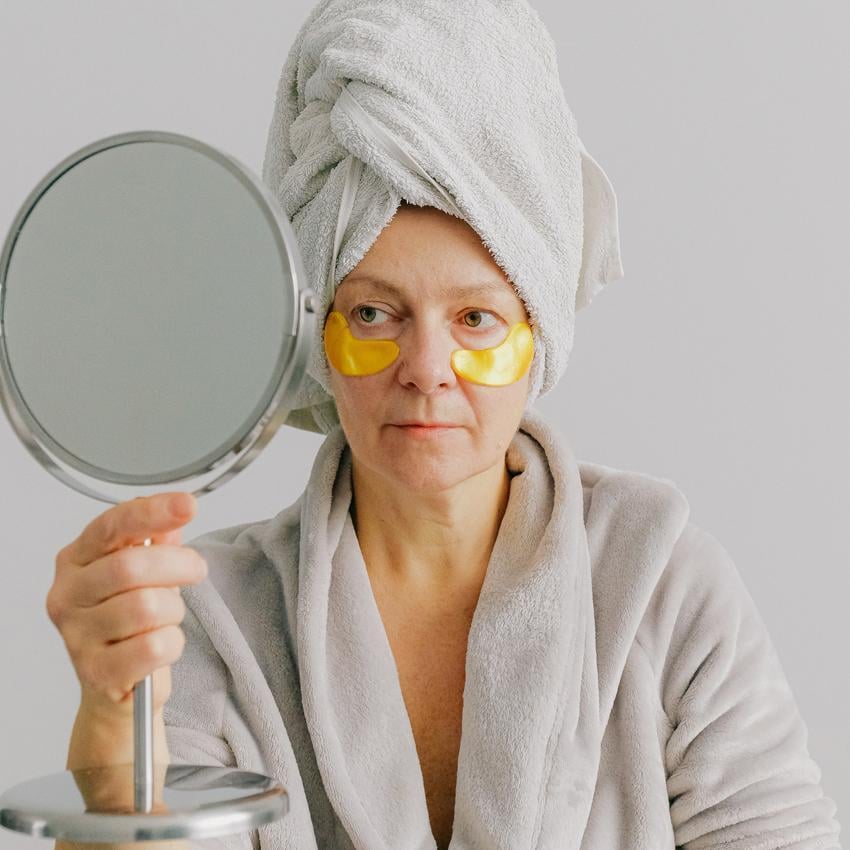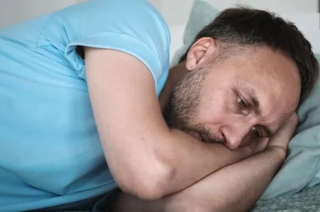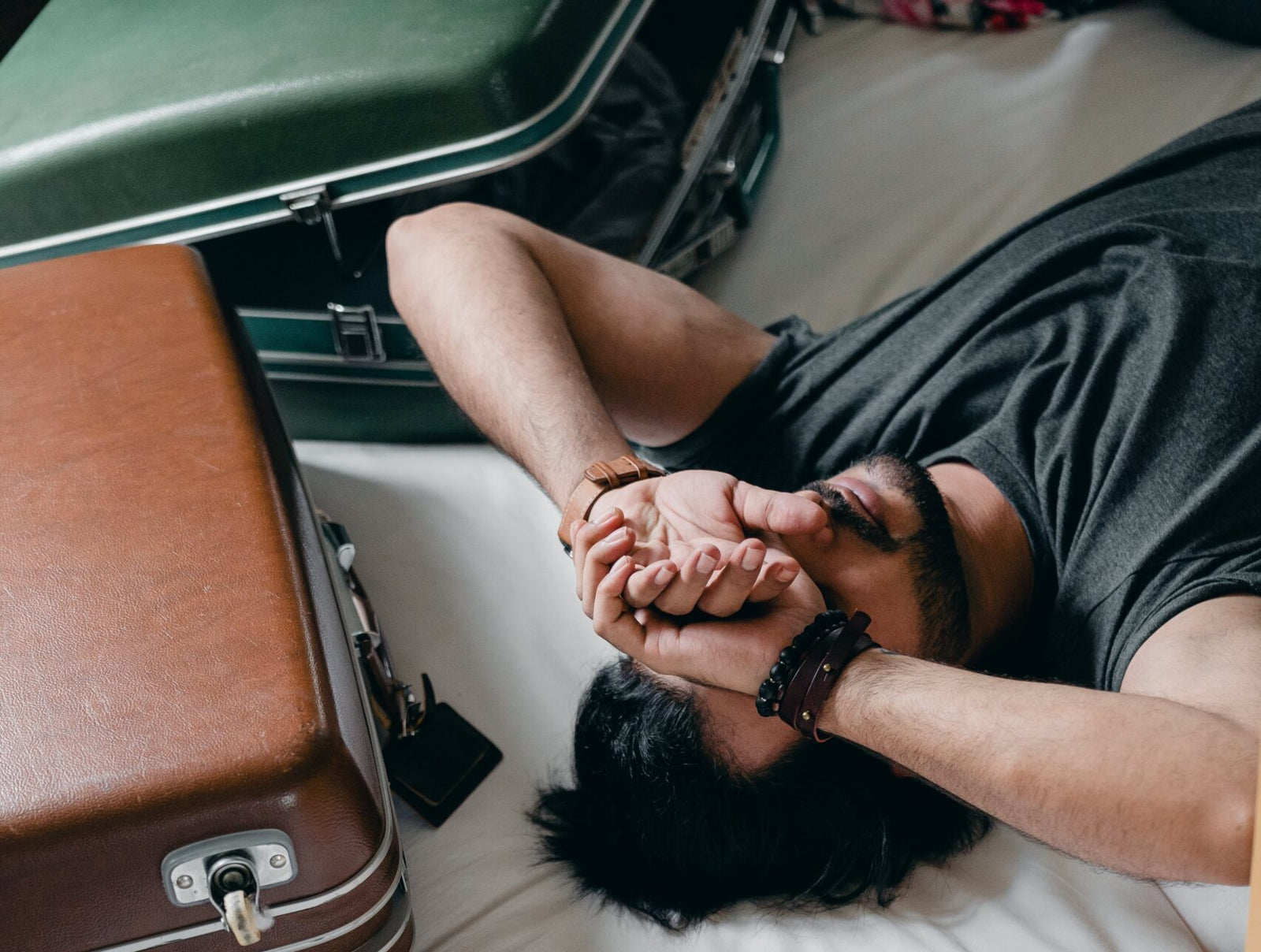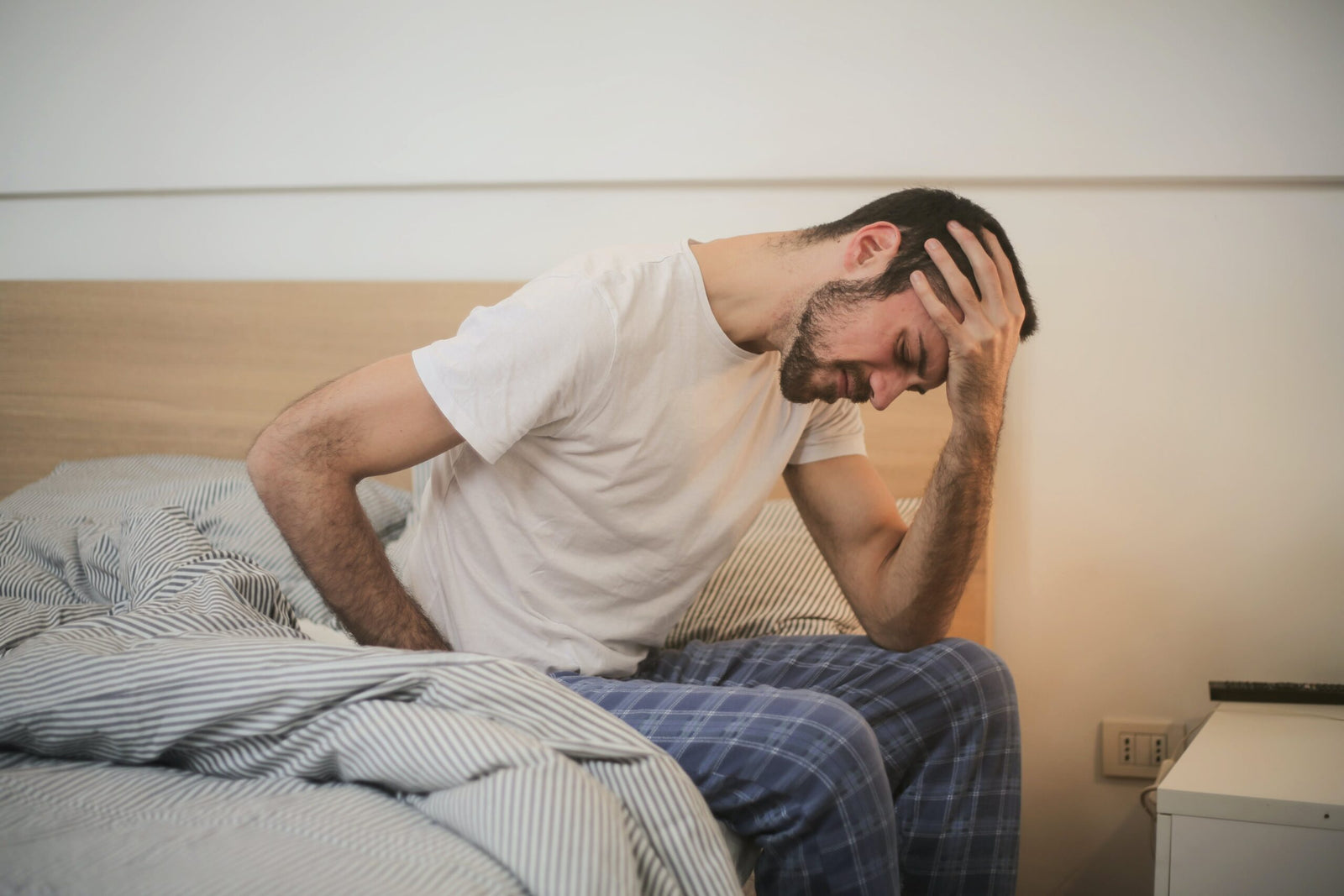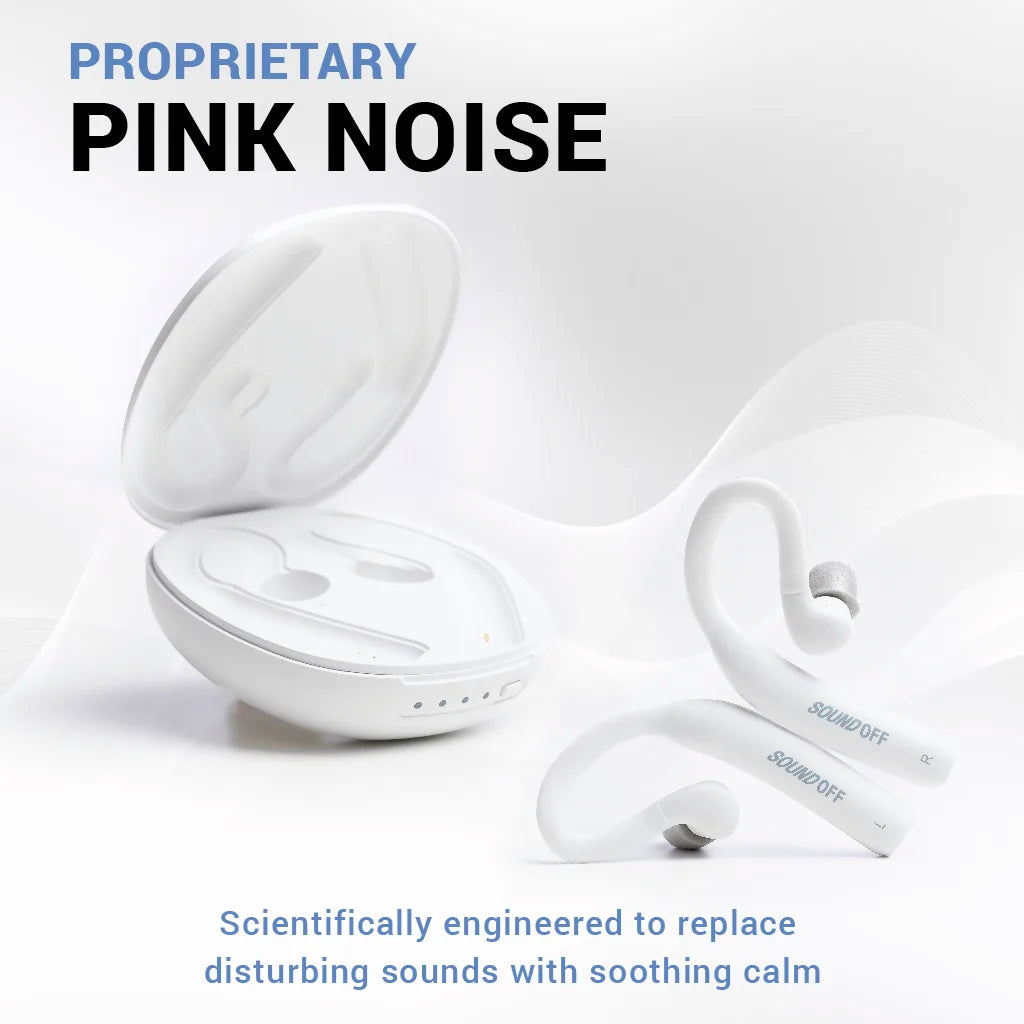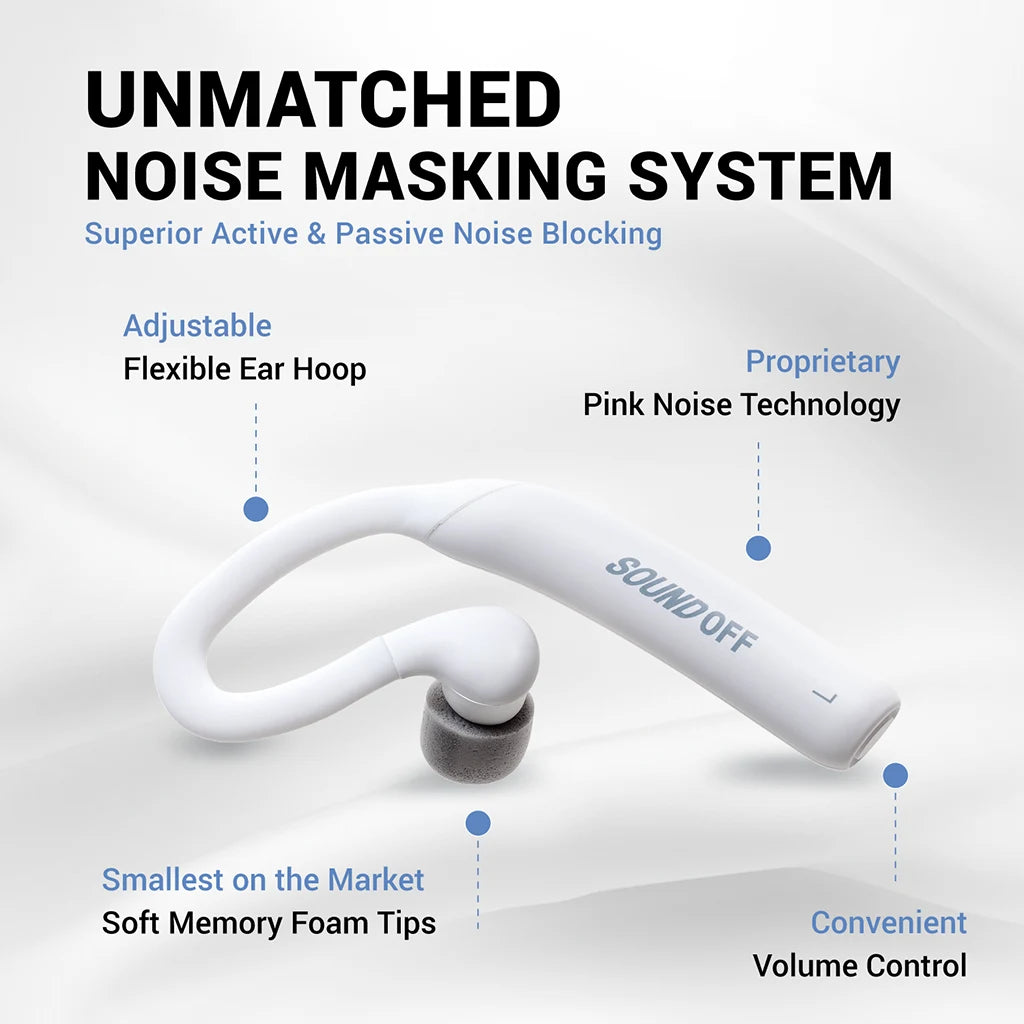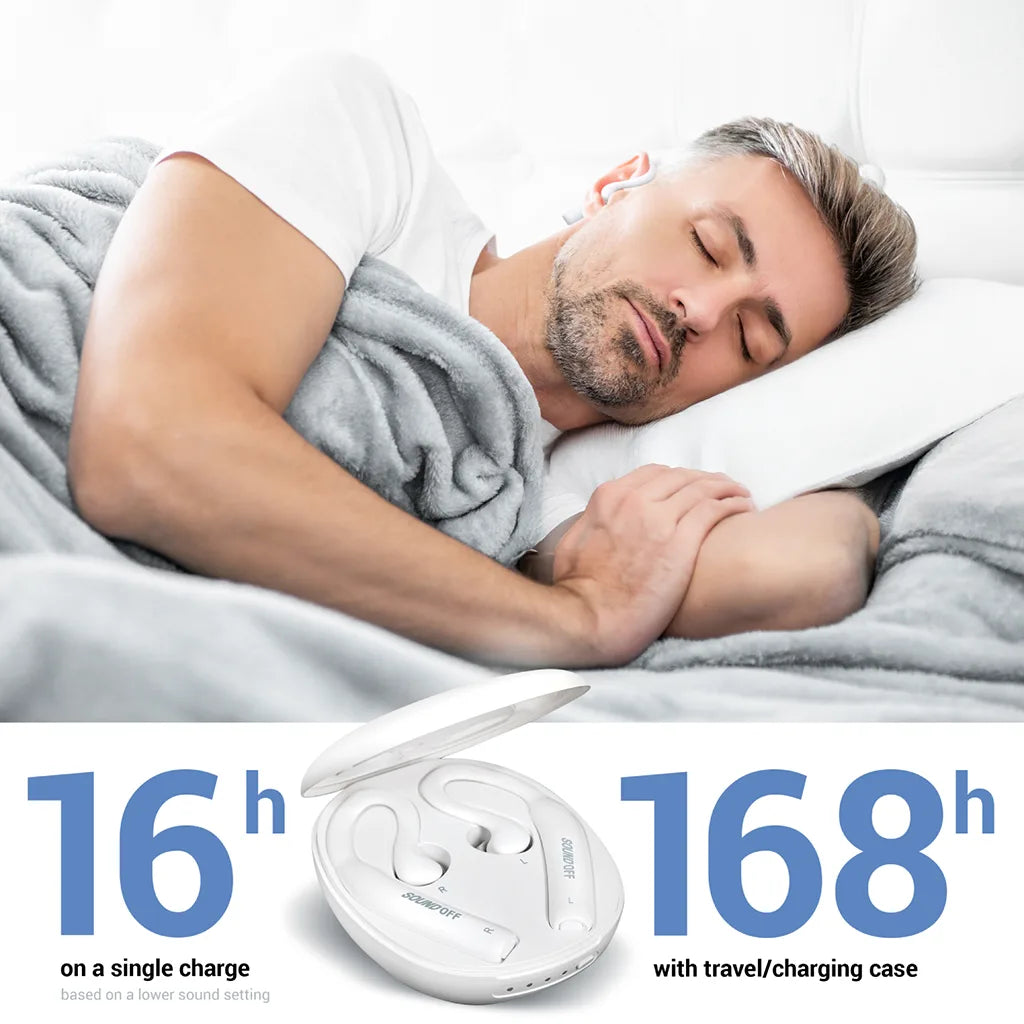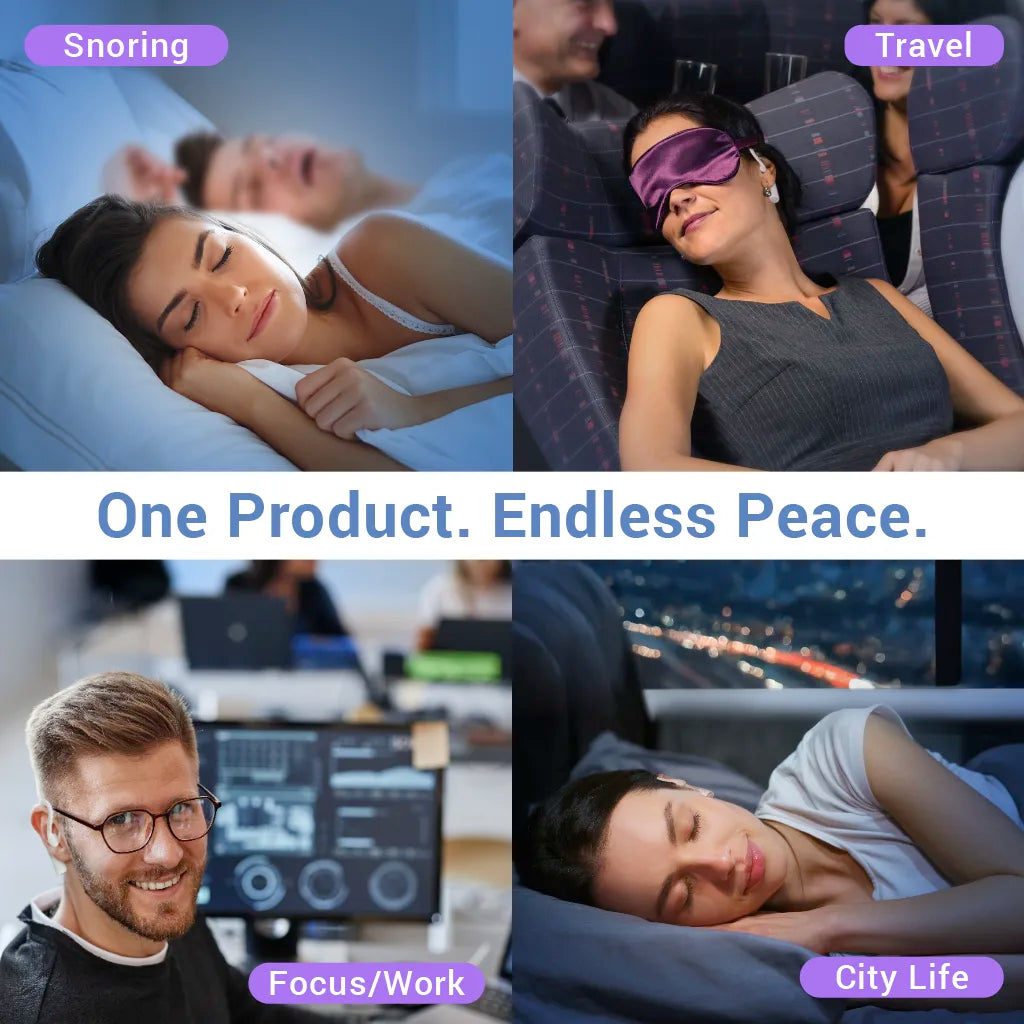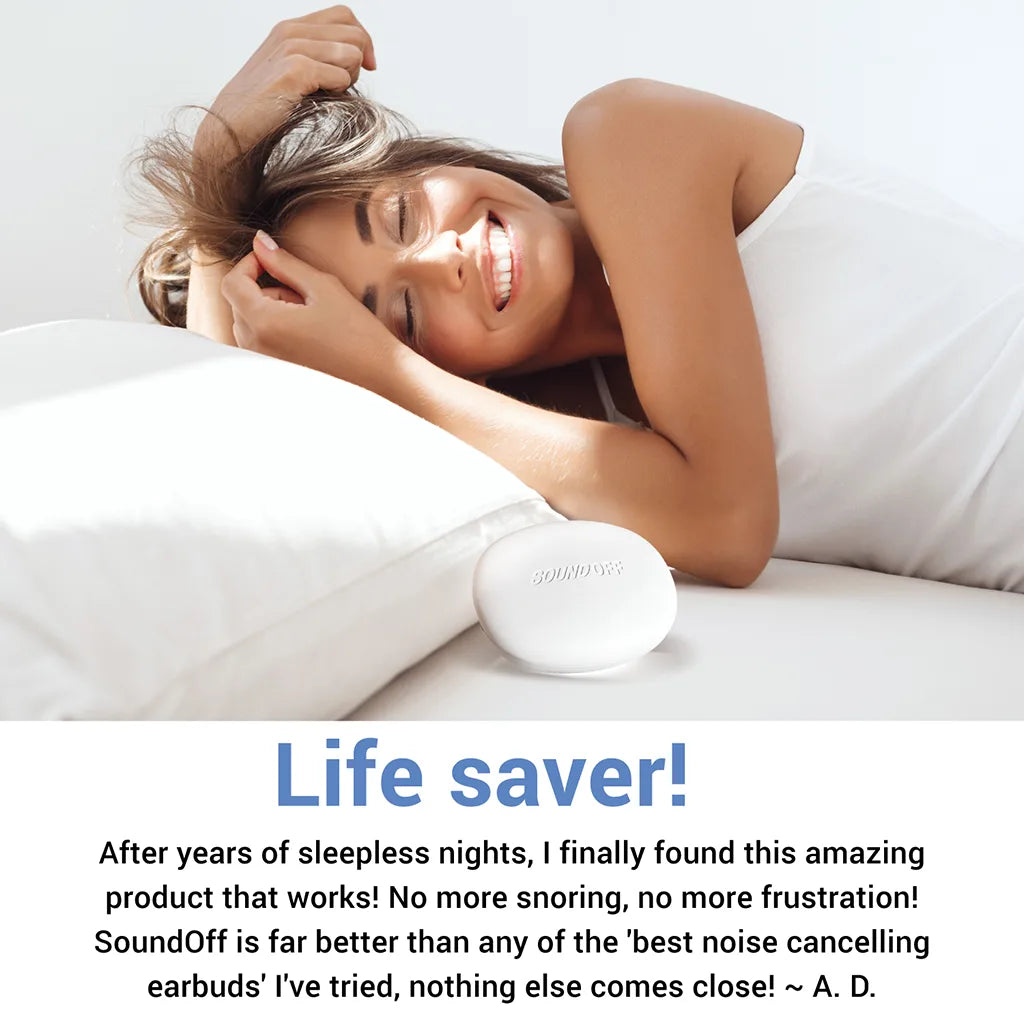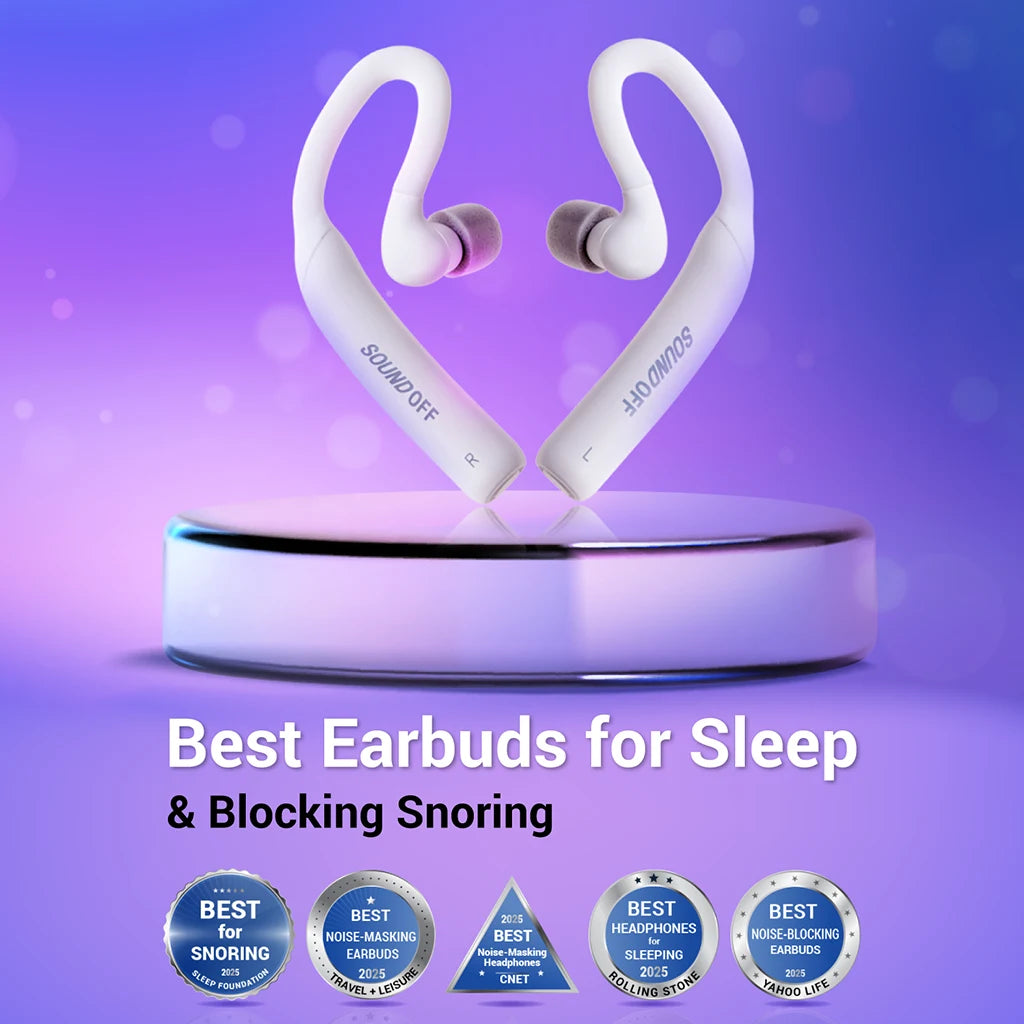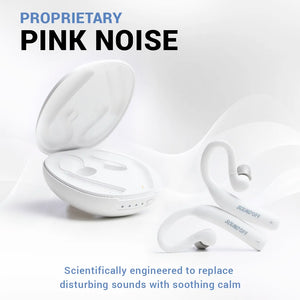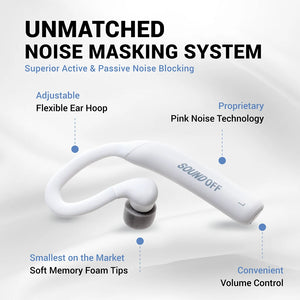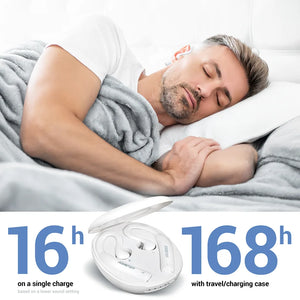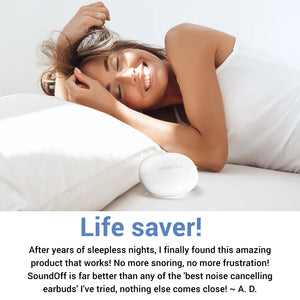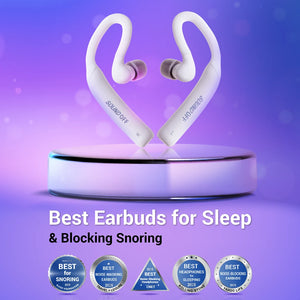
As we age, sleep loss is more prevalent and lack-of-sleep effects are harder to recover from
Sleep deprivation doesn't age well
Truth is sleep deprivation isn’t a good thing at any stage of life. As we age, losing sleep becomes harder to avoid, and harder to manage. Even more difficult is recovering from its devastating effects. The ones we see in the mirror, in our relationships… in our quality of life. No, sleep deprivation doesn’t age well. We can, however, minimize the effects—by taking control of our sleep.
What sleep deprivation looks like...
Lack-of-sleep-effects are apparent in our appearance, mood, cognitive function... vitality. The obvious early signs of sleep loss show up quickly in the mirror. With chronic sleep loss, these unwelcome effects worsen and may be followed by serious health concerns. Here’s where we see those lack-of-sleep effects…

Early signs of sleep loss show up quickly in the mirror.
Changes in physical appearance:
Complexion Changes – Chronic sleep deprivation impedes production of anti-aging growth hormones. Without these hormones, skin can lose elasticity and become less vibrant, causing one to appear older.
Tired eyes signal underlying health issues.

Tired, Puffy Eyes – Dark or puffy under eyes are a sign that the body’s cardiovascular system has been affected, possibly from sleep loss. This interferes with the entire body’s circulation. What you’re seeing is the result of blood congestion in the skin underneath the eyes. What you’re not seeing yet are the effects of the blood not returning to the heart effectively and stagnating in other areas of your body.

Sleep-deprived food choices result in weight gain.
Weight Gain – Sleep deprivation interferes with the body’s production of Leptin and Ghrelin. These hunger-regulating hormones signal your body that it is full. Without them, you’re increasingly hungry and prone to making bad food choices—as well as overeating. Overeating leads to becoming over-weight. Being over-weight leads to a higher risk of developing sleep apnea.
Altered outlook & behavior:
Feeling a bit confrontational? Try getting more sleep.

One bad night’s sleep can leave us feeling completely out of sorts. It can wreck our day—worse, it has the potential to affect our relationships and even our livelihoods. The impact of poor sleep on mood might manifest as anything from mildly grumpy—to exasperated—or even angry. All have the potential to escalate into conflict.
Minus adequate sleep, we have fewer happier thoughts and emotions. Negative views and feelings take center stage. This tends to reflect in our attitudes and behavior toward others. The results are typically impatience, frustration and hostility. We feel bad and no one around us feels good.
Increasingly impaired thinking

You may regret decisions made under the influence of sleep deprivation!
Sleep deprivation makes it very difficult to concentrate; our attention wanders making it difficult to focus on and complete tasks. Sleep loss blunts the brain’s frontal lobe processing ability and creates problems with decision-making and impulse control.
Under the influence of sleep deprivation, we are more likely to make errors and exercise poor judgement. It’s similar to being intoxicated. You know you’ve had too much to drink—but think you can overcome, and everything will be fine.
There are hidden costs in sleep loss.

More doctor visits
Studies conclude insomnia is directly relatable to continually rising healthcare costs across the board, citing higher risk ratios for diabetes, certain cancers, cardiovascular disease, hypertension and stroke.
Beyond these physical ailments, sleep deprivation affects our mental and emotional health. Continued sleep loss can, and often does, lead to depression which may become a life-threatening health issue.
Sleep loss contributes to plaque build-up in the brain and can lead to cognitive decline.

Key reasons sleep deprivation doesn't age well...
Sleep issues continue to get harder as we get older. For women, even harder. Sleep loss is made worse by a number of contributing factors—not the least of which is stress. Increased cares and obligations combine with an inevitable decrease in sleep quality… and things can go downhill fast.
First, it's the bills, the kids, work obligations... elder care. As we get older, it's the medical bills, the grandkids, fixed incomes... maybe even a loss-of-independence. All this without those extras the news cycle throws in… more angst=less sleep.
Unresolved worries prevent us from getting the sleep we need. And, the more sleep we lose, the more stressed we become. Taking control of stress is critical in managing these additional age-related sleep changes:
Brain changes
It’s an unfortunate and undeniable fact—our brains naturally deteriorate over the course of our lifetime. One of these critical changes is a decrease in the density of delta brain waves—these are the brain waves associated with deep sleep.
Fortunately, research shows the risks associated with this cognitive decline can be reduced through key lifestyle changes including maintaining a healthy cardiovascular system, getting plenty of regular physical activity, and remaining active socially.
What can You do to counteract the brain changes?
- Get enough sun—Spend more time outside. Exposure to sunlight helps the body produce vitamin D, which is associated with better bone health, mood, and cognitive function. Vitamin D regulates the secretion of melatonin—this hormone helps regulate circadian rhythms and improves sleep quality.
- Get more exercise—Studies suggest older adults are less sensitive to Adenosine—a nucleic acid that triggers sleep. Try increasing your exercise to trigger better sleep.
- Get more social—Numerous studies have shown more positive health outcomes in seniors who have regular social interaction.

Health changes
Aging adults are more apt to have medical conditions that cause pain or discomfort which ultimately disturbs their sleep patterns. Research shows sleep deprivation adds an increased layer of risk for developing multiple health conditions from depression—to-hypertension—to-heart attacks, diabetes, and cognitive decline. Additional conditions which impede sleep may include:
- Frequent urination
- Gastrointestinal distress
- Neurological disorders—including Alzheimer’s disease, Parkinson’s disease and Restless Legs Syndrome
On a more promising note: Research has shown no significant increase in insomnia in older adults who are in good health.
Medication Effects
Older adults are more likely to be taking multiple prescription medications. 54% of adults 65 and over, take four or more prescription drugs. This compares to 32% in adults 50-64 years; 13% in adults 30-49, and only 7% in those who are 18-29.
Side effects from medications used in the treatment of chronic illnesses can have a significant impact on sleep quality. From blocking the production of melatonin—to—the increased risk of developing other sleep-inhibiting health conditions, medications can wreak havoc on your sleep.
Hypnotic drugs like Ambien are often used to treat Insomnia. Unfortunately, these drugs have proven ineffective for treating sleep issues in older adults.

Trouble sleeping? Check your medicine cabinet—including over-the-counter meds.
10 Medications that may cause Insomnia:
These medications identified by Dr. Armon B. Neel Jr., in an article for AARP Magazine, are common culprits in pharma's negative effects on sleep. If you take any of these medications and have trouble sleeping, your healthcare provider may need to change your dosage or prescribe an alternative treatment.
- Alpha-Blockers—linked to decreased REM (rapid eye movement) sleep; alpha-blockers interfere with deep sleep. Lack of REM sleep causes daytime drowsiness and problems with memory.
- Beta-Blockers—are associated with sleep disturbances, including awakenings at night and nightmares. These disturbances are associated with the beta-blockers' effect on melatonin production in the body.
- Corticosteroids—interfere with the adrenal glands which prevents relaxation and sleep, causing insomnia and nightmares.
- SSRI Antidepressants—cause agitation, impulsivity, insomnia and mild tremors in 10-20% of users.
- ACE Inhibitors—boost the body’s production of the peptide Bradykinin; contributing to enlarged blood vessels which can cause a severe dry, hacking cough.
- Angiotensin II-Receptor Blockers (ARBs)—frequently cause potassium overload, resulting in achy bones, joints and muscles, diarrhea and leg cramps.
- Cholinesterase Inhibitors—can interfere with many involuntary body processes and movements. This interference has been known to cause serious changes in heart rhythm. Other possible side effects include diarrhea, nausea, vomiting, leg cramps and muscle spasms.
- Second-generation (nonsedating) H1 antagonists—block acetylcholine, a nervous system neurotransmitter, which can lead to anxiety and insomnia
- Glucosamine and Chondroitin—may cause a host of gastrointestinal side effects, headaches and insomnia
- Statins—may contribute to muscle weakness and aches throughout the body; a resulting breakdown of skeletal muscle can cause the release of muscle fibers into the bloodstream which may cause kidney damage.
Dr. Neal's article provides more in-depth information on these 10 medications including drug names, why they’re prescribed, and alternatives.
Aging Better
Take charge of your sleep
Sleep loss affects every aspect of our lives. We’ve examined why sleep deprivation doesn’t age well. The good news is we have the power to make changes. We can take charge of our sleep; exercise better choices and take proactive measures to improve the way we age.
Exercise better choices. You'll sleep better and age better.

Talk to an expert...
Sometimes we want to solve our own problems and do well with it. Other times, only expert care will get us back on track. Untreated, sleep disorders can lead to serious consequences—there are experts who can help you take charge of your sleep.
Many “Sleep Doctors” now practice telemedicine, which means they are able to conduct remote examinations via webcam or smart phone. In this way, they can review your symptoms and suggest treatment in the comfort of your home.
Attitude
There's no changing the fact that sleep deprivation doesn’t age well. That said, a positive attitude can help us work through the challenges…
- Do what’s within your power to promote better sleep; this will help you feel better about your aging process.
- Don't hesitate to ask for help; working with experts can help you get the vital sleep you need.
- Make the most of the good times!

These ladies have the right attitude! Always remember…
“Life is 10% what you make it and 90% how you take it”
- Irving berlin
Hope to see you in the next post. Until then...
Make sleep a priority
There are many obstacles to our sleep. One of the most common, and difficult to deal with is Noise. Maybe it's the snorer next to you... heating pipes that clang all night... or the barking dog next door. Perhaps it's the noise that comes from the anxious chatter in your head.
If you're losing sleep due to noise, give our noise masking earbuds a try. SoundOff will mute the disruptive sounds and soothe your anxious mind with calming pink noise. Start sleeping all night, every night, with SoundOff.
Sleep well and be well!
See you soon...

